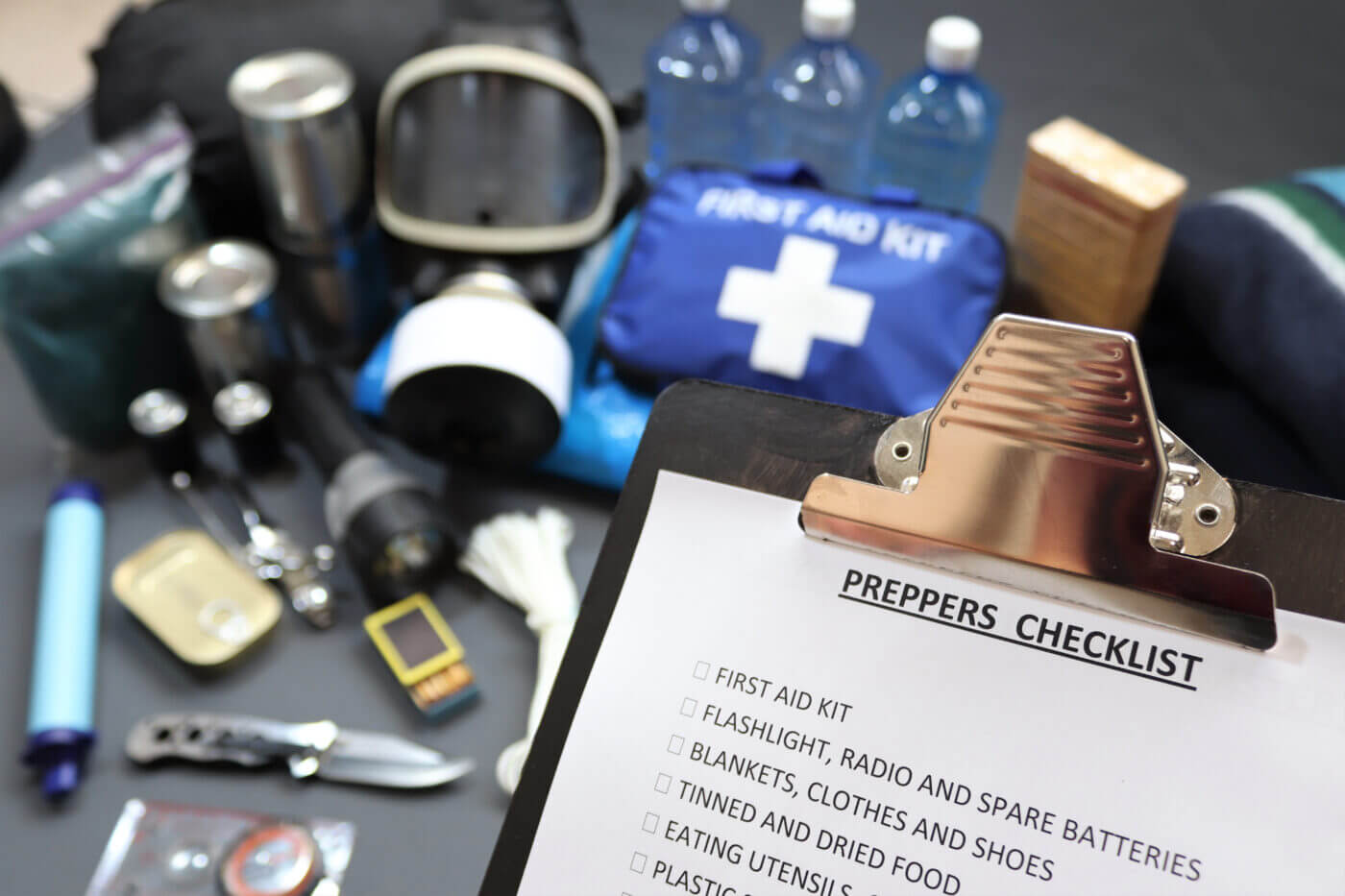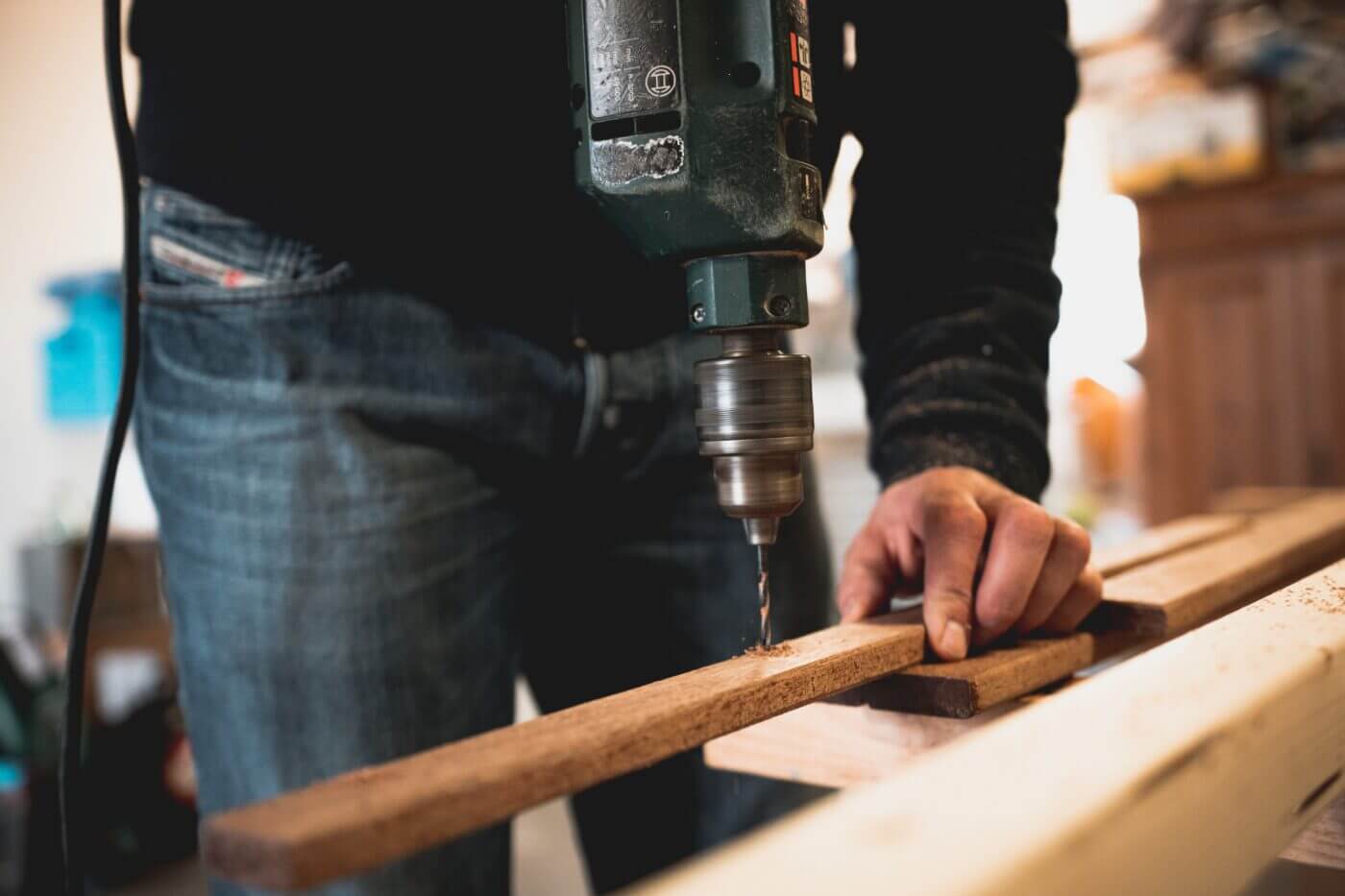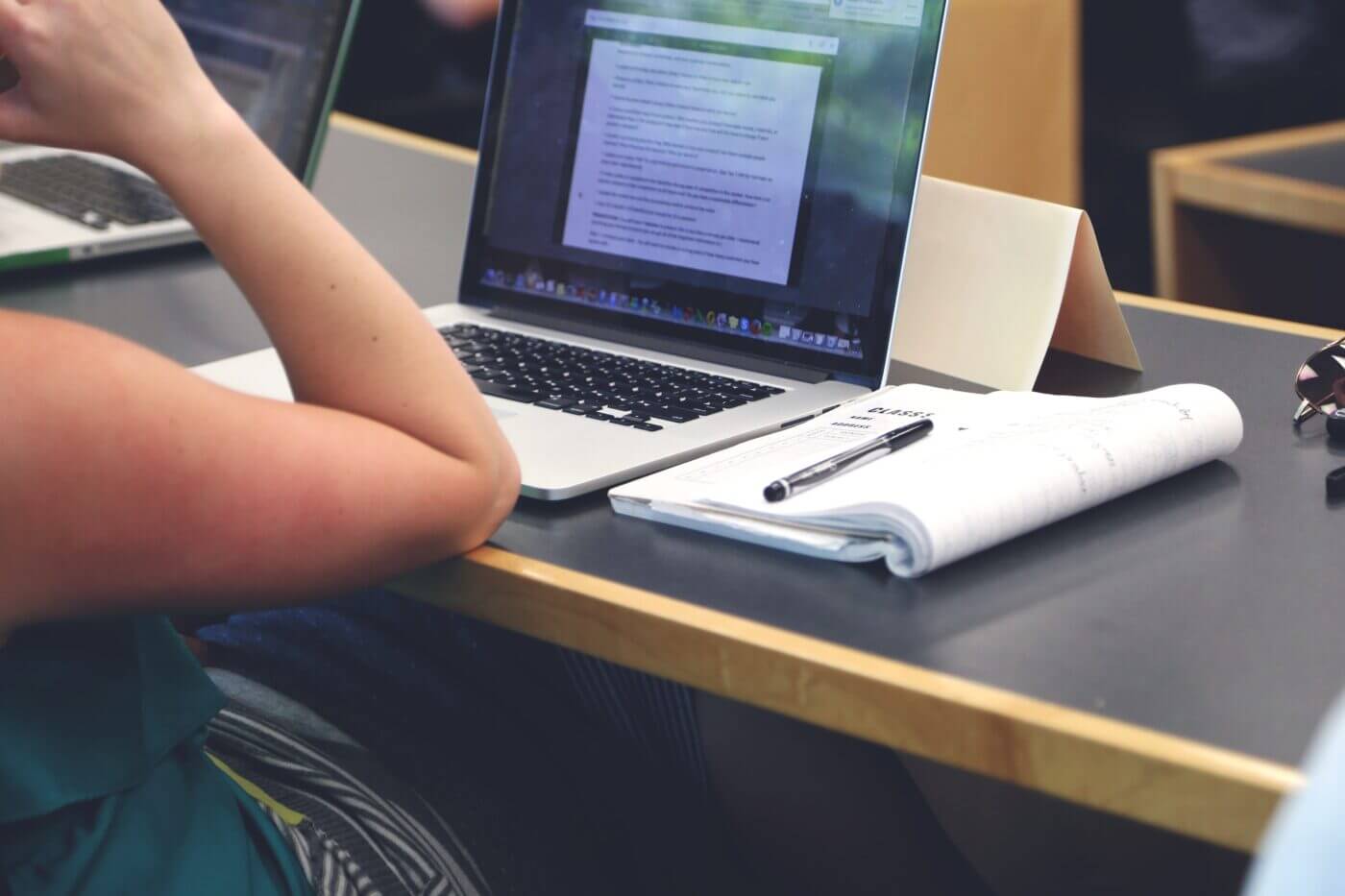Long-Term Quarantine Prepping
June 18th, 2020
4 minute read
No matter where you live, there’s a chance you’re trying to dodge the coronavirus. Whether that involves wearing personal protective equipment while in public, decontaminating yourself when you get home, or simply not leaving home at all after being exposed, the entire situation can feel surreal.

While some are filling their time with Netflix, video games and other pursuits, there are other and more productive ways to wait out your time stuck at home. Here are just a few of the many things you could be doing.
Taking Stock
Some people are taking advantage of the time at home to work on home repair projects or things that have been falling by the wayside, but this is a more holistic approach. How are you on food and supplies? Truth be told, a lot of folks have more stuff than they think. Dig through the garage, attic, closets and cupboards and see what you have. Canning jars, #10 cans of freeze-dried food you bought and forgot about, or even that seed vault in the very back of your freezer.

Think of other things too; there’s more to survival than just food. Check tools, fuel, seasonal items like warm clothing or plows, shovels, and more. Your guns should all be in good repair, with spare parts and supplies for keeping them that way. You can’t fix or replace what you don’t know is broken or missing, and that goes for everything you could need if things get any worse.
Make a list of what you were prepared for — and what still needs work. You can’t go back in time, but you can prepare better for the next crisis situation you find yourself in.

Do Something Productive
Instead of wasting away watching your favorite action movies on your couch while eating all your quarantine snacks in your free time, take a look at this list of 500 Ivy League courses you can take for free. You won’t get official college credit, of course, but you’ll gain knowledge.
If you’re interested in learning but are looking for something a bit more practical, check out this list from PCMag. You can learn the programming language Python or even learn how to vlog.
Skillshare has two months free for tech-based and creative classes, and a simple online search will net you even some cultural opportunities, such as the Seattle Symphony streaming their performances for free.

Work on Your Fitness
Being physically fit can help you fight off many diseases, not just COVID-19. You don’t need a gym or any fancy equipment; you just need regular household items, your own body weight and a will to get it done.
Fitness Blender has a wide variety of free videos, both with and without things like kettlebells and weights. If all else fails, start with the basics. Go on YouTube and check out the huge offering of no-equipment workout videos.
Read a Book
Remember books? They’re pretty awesome. There are books on literally every subject available. On my own shelves I have books on everything from the standard survival tomes to setting up solar power, building stone walls, feeding a family of four sustainably on an acre, making medicines from plants, repairing and building guns, and performing medical and dental procedures. Whatever you could possibly need to do or learn, there’s a book for it. What’s more, many of them are available online for free.

Conclusion
No matter how long you’ve been working at a survival or preparedness plan, there’s more to learn, more things you need to work at to become proficient. Rather than lie around watching TV and getting fat, put your time to good use. Learn a new skill or get better at old ones. Get in shape. Spend time with your kids, teaching them the skills that they’ll need for future potential disasters. Work on shoring up your situation. There is no downside to becoming better, smarter or more prepared.
Editor’s Note: Please be sure to check out The Armory Life Forum, where you can comment about our daily articles, as well as just talk guns and gear. Click the “Go To Forum Thread” link below to jump in!
Join the Discussion
Continue Reading
Did you enjoy this article?

 33
33






